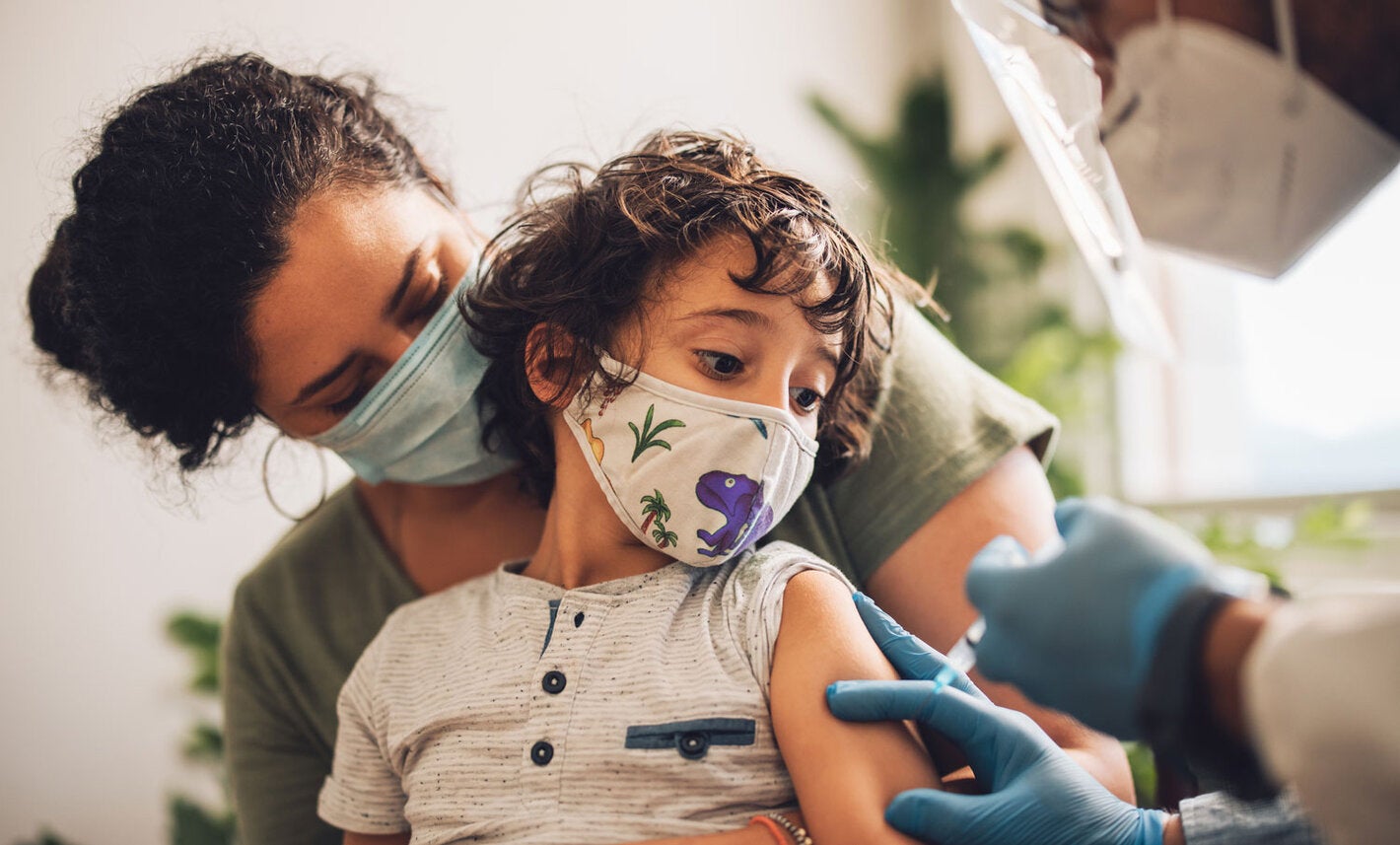WHO Strategic Advisory Group of Experts on Immunization updates recommendations on booster doses and COVID-19 vaccination for children

The World Health Organization (WHO) Strategic Advisory Group of Experts on Immunization (SAGE) has updated its guidance on booster doses and vaccination in children in light of increasing vaccine supply and coverage, new evidence on the need for booster doses, and the evolving epidemiological situation of COVID-19.
The revised SAGE roadmap for prioritizing uses of COVID-19 vaccines, originally published in October 2020, identifies four categories of priority groups, based on risk of disease and social disruption, and taking into account vaccine equity and broader societal benefits.
SAGE continues to advise that the highest priority for vaccination be given to older adults, immunocompromised persons and healthcare workers, followed by adults with comorbidities, pregnant women, teachers and other essential workers, as well as disadvantaged demographic groups at increased risk for severe COVID-19.
Changes to the SAGE recommendations include:
- Booster (third) doses should be offered 4-6 months after completion of the primary vaccination series. This is because vaccine efficacy decreases over time, also against mild, asymptomatic infection with omicron and delta variants.
- The order of application of booster doses should be the same as for the primary vaccination series: to the groups from highest to lowest priority.
- Countries should consider the individual and population benefits of vaccinating children.
- Although severe COVID-19 is rare in children, it does occur occasionally, and vaccinating children has the added benefit of minimizing disruption to their education, thus improving their overall well-being.
- Countries that have achieved high vaccination coverage in high-risk populations should prioritize global delivery of COVID-19 vaccines before vaccinating healthy children and adolescents who are at the lowest risk for severe outcomes.
- The interim recommendations apply to the Pfizer BioNTech vaccine, for which data are available to SAGE to update its guidance. When data become available for other vaccines, SAGE will review the evidence and update the respective recommendations.



